Filmmaker Tan Pin Pin Recalls Her Days Working On 'Under One Roof'
She also has 'Game of Thrones' phobia..
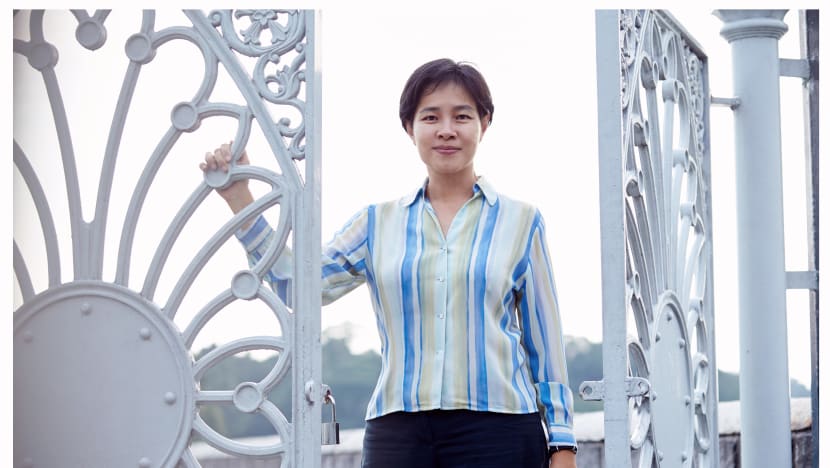
We met the award-winning documentarian, 48, at a cafe in MacRitchie Reservoir. Apart from the wind almost knocking our coffee cups off the table, it was serene. At least until a stray monkey started creating a ruckus — stealing food, scaring away those unfortunate enough to have their tables chosen. Tan Pin Pin's face lit up with amusement. She remarked on the way the monkey's tail curved. She continued to observe keenly the primate and the surrounding people affected by its intrusion, as if there was nothing more interesting (our interview had to be gently reigned back into mind). Was it with the same set of eager and tender perspective with which she chose the scenes in her latest docu In Time To Come?
8 DAYS: Your latest docu, In Time to Come, released last September, revolves around time capsules. Why time capsules?
TAN PIN PIN: First of all, we wanted to draw attention to things people would not otherwise notice. When we were editing, we felt we needed a device to contain all these images. The time capsules would be perfect as the documentary itself would be a time capsule. It's also more along the lines of time travel. When I was nine years old in 1972, I saw a time capsule buried and it was due to be opened in 2002 — 40 years later. As a child, I thought, “That's so far away! I would be so old by then.” It’s interesting because time capsules are objects buried in the past for the future. I love the idea where an object is able to hold the past, present and future. Which is something I feel a documentary can do.
The film contains a scene where an old time capsule is exhumed. What items recovered from that capsule surprised you the most?
The bottle of river water circa 1990. There were also mysterious tree stumps that turned out to be the first trees Lee Kuan Yew ever planted.
It was shot over four years. How did you know when you were done?
I had a deadline that I had to meet. If I didn’t have one, I could be editing this film forever. It feels like a jigsaw puzzle that never gets finished. We filmmakers are never satisfied. We always have something we want to fix.
Eerie: An empty Marina Coastal Expressway before it was opened.
So were there any things you wish could have been in the film?
I would love to have included the terror or biohazard drills that the SCDF conducts frequently. But we could never catch them in time. By the time we found out about it and got permission to film, they were over. There were protocols to follow. For example, we got permission from LTA to be at the Marina Coastal Expressway one day before it opened. It was a stupendous time to be in the tunnel because that was the only time it was ever empty.
What do you hope viewers can get out of In Time to Come?
[I hope the film asks] people, if they were to make their own time capsule, what would they put inside for their future selves or generations? Another is to document the patterns of our culture and have people reflect upon them. Rituals, like morning school assemblies and mosquito fumigation exercises, are interesting aspects of Singapore life we take for granted.
You’re known mainly as a documentarian. But does fictional storytelling interest you?
I never try to categorise films into genres. To me, they’re all moving images. What I’m concerned with is that we don't forget about the past. The documentary genre is particular suited for this aim. But as long as the story is good, I would jump at it regardless of what kind of genre it is.
You have a law degree from Oxford University. Does that come in handy in filmmaking?
Not directly. The thing about practicing law is that it’s a very word-centered profession and I do enjoy being around words. But I wouldn't be a lawyer if I never went into filmmaking. I would be a full-time bookshop-browser; I won't be buying, just browsing (laughs).
Under One Roof.
You started out as the assistant director on Under One Roof, Growing Up, and Triple Nine. Which of them left the most impression on you?
Under One Roof because the team worked very well together. The pace of each episode and how everything came together was quite astounding. I mean, the team would rehearse for four days and on the fifth they would record before a live audience. The turnaround time was just so impressive. The team, from the actors to the writers, also had really good chemistry and that made all the difference. It compensated for the long hours.
What are you watching now?
I don’t watch much TV. I'm only at the first season of Game of Thrones but I spend most of the time under the chair because the show is so scary. I hate it when my heroes get decapitated. I recently watched this great documentary, Notes on Blindness, at the Singapore Film Festival. I'm actually more of a podcast listener because I can listen to them while travelling on the bus.
Catch Tan Pin Pin’s selected works at vimeo.com/tanpinpin and tanpinpin.com.
Main Photo: EALBERT HO





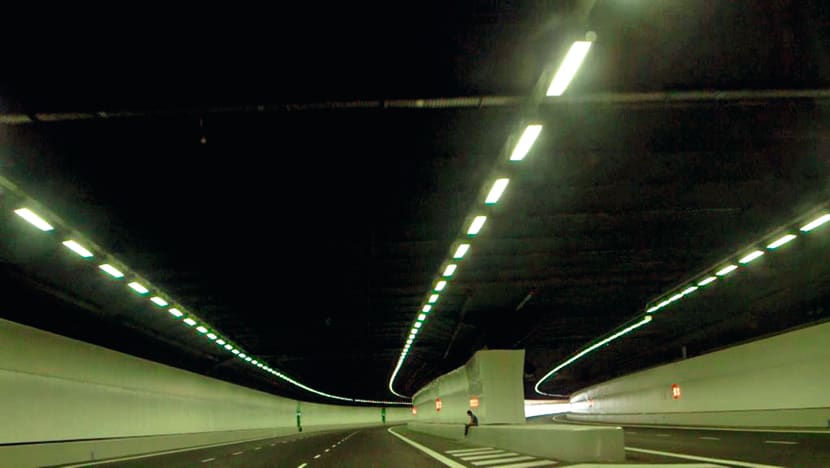
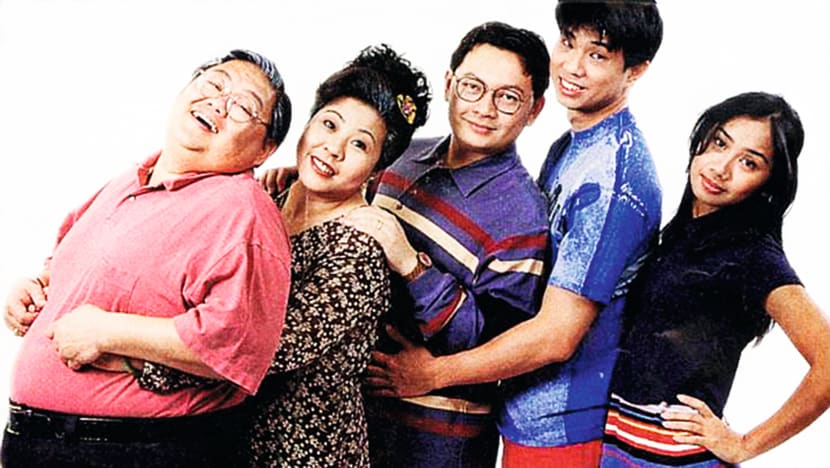

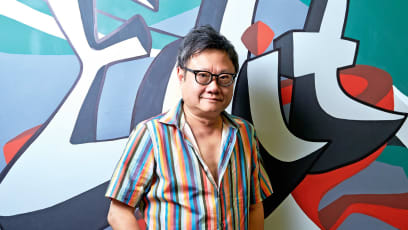

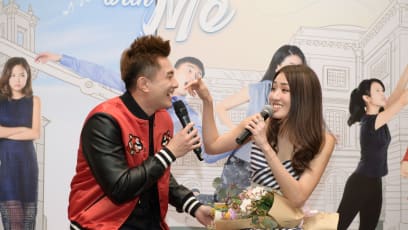
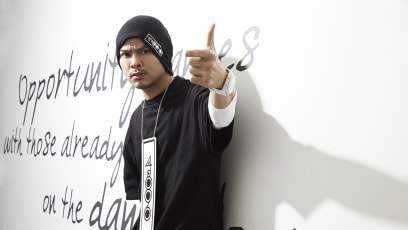
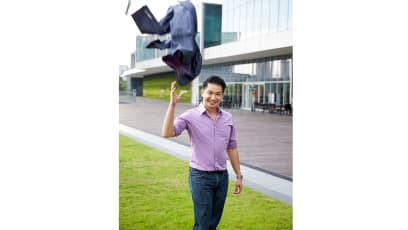
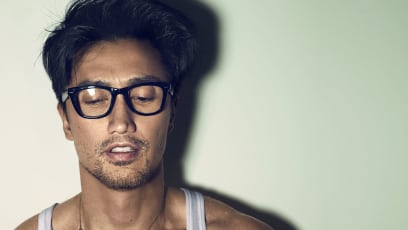
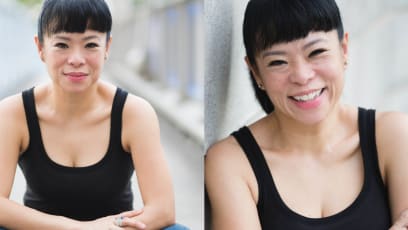




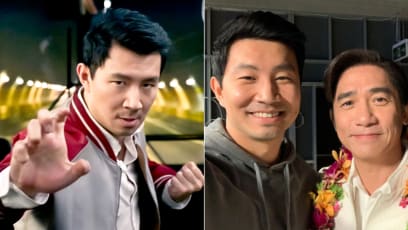
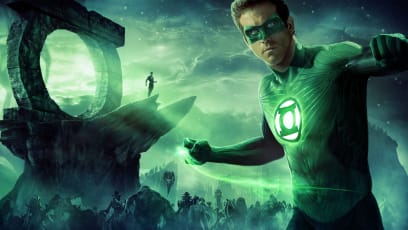
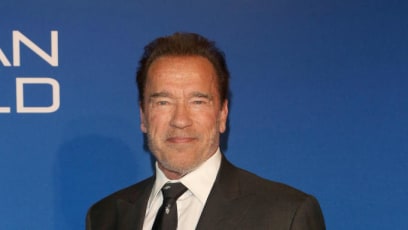
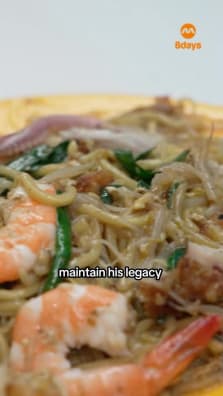

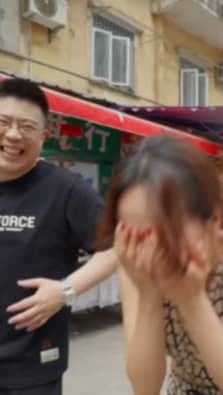
![Boss of Rui Ji chicken rice used to own a tattoo parlour! Talk about a career change! Link in bio to read more
📍Rui Ji Chicken Rice
Blk 93 Toa Payoh Lor 4,
#01-48, S310093
📍148 Beach Road,
#B1-01 The Gateway,
S189720
📍Blk 305 Ubi Ave 1,
#01-179, S440305
[till 16 Apr 2024]
https://tinyurl.com/5dudypkh](https://onecms-res.cloudinary.com/image/upload/s--9s0hbGvI--/c_fit,h_396,w_223/f_auto,q_auto/v1/8days-migration/18015522113203478.jpg?itok=EX3xKSNq)
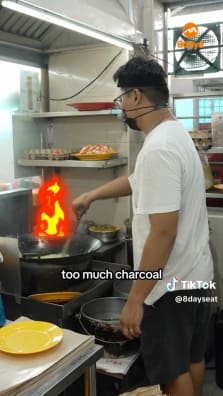
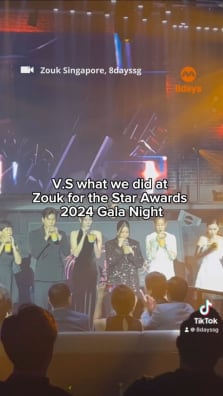
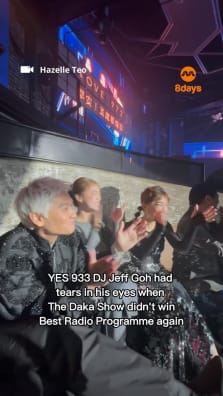
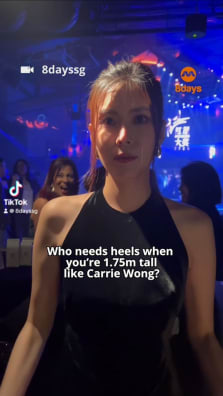

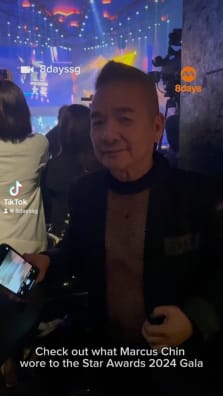
![We stan a kind-hearted boss with a good heart! 💕 Link in bio to read more
📍Rui Ji Chicken Rice
Blk 93 Toa Payoh Lor 4,
#01-48, S310093
📍148 Beach Road,
#B1-01 The Gateway,
S189720
📍Blk 305 Ubi Ave 1,
#01-179, S440305
[till 16 Apr 2024]
https://tinyurl.com/5dudypkh](https://onecms-res.cloudinary.com/image/upload/s---y3eV-Ts--/c_fit,h_396,w_223/f_auto,q_auto/v1/8days-migration/17999638880322602.jpg?itok=Tiqm3SVR)


